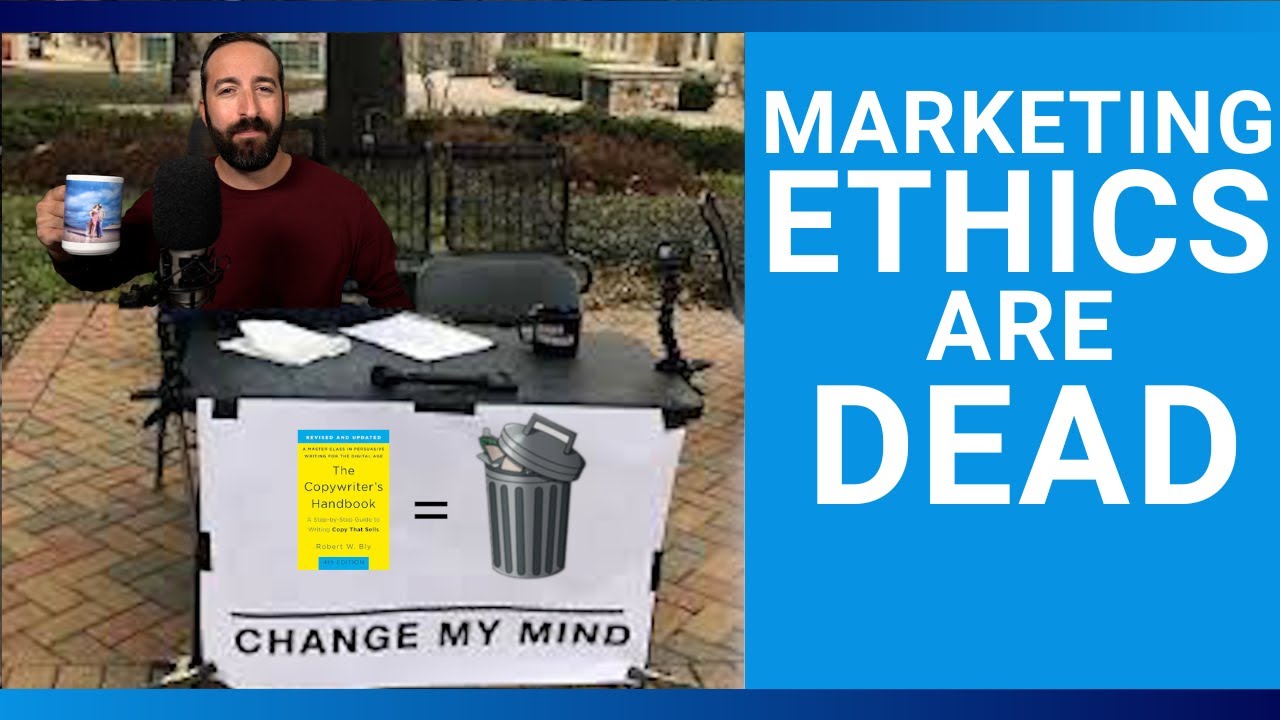Are marketing ethics for copy so disappointingly dead, it’s sinful?
I was pumped to get my hands on the popular book The Copywriters Handbook. As a marketer who’s now creating content, improving in this area is a priority. One of
Read More | Watch Video

